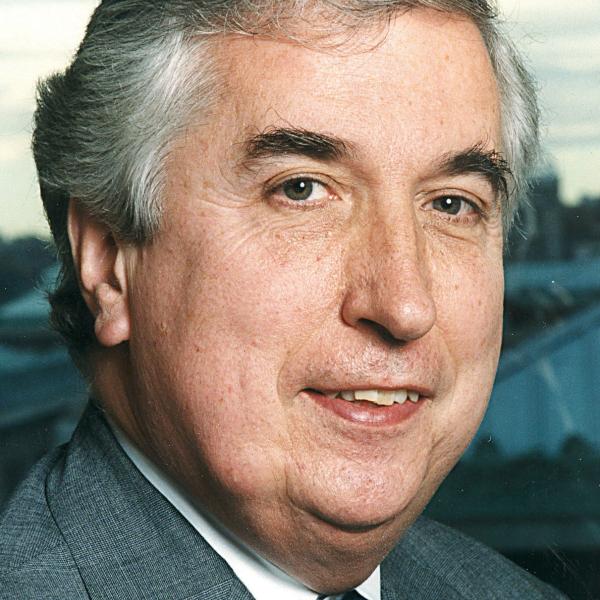Agency Problems of Corporate Philanthropy
Abstract
Evaluating agency theory and optimal contracting theory of corporate philanthropic activities, we find that as firms contribute more, corporate cash holdings are worth less to outside shareholders. Dividend increases after the 2003 Tax Reform Act, which exogenously increases the cost of consuming private benefits, partly reflect reduced corporate giving. Robust to a natural experiment, we also find that corporate giving is positively associated with CEO personal ties to charities and negatively with the strength of corporate governance. These results hold even among firms most likely to benefit from corporate giving. CEOs use firm donations to support their affiliated charities and to strengthen their social ties to independent directors by having the firm support their charity preferences. Yet, we fail to find evidence that CEO compensation is adjusted for the private benefits of corporate giving. Lastly, stock prices drop at the announcement of charity awards, where executives and directors have personal ties. These findings support the conclusion that CEOs often advance their own personal interests when firms contribute and suggest that the observed firm value reduction is due to managerial misuse of corporate resources.







